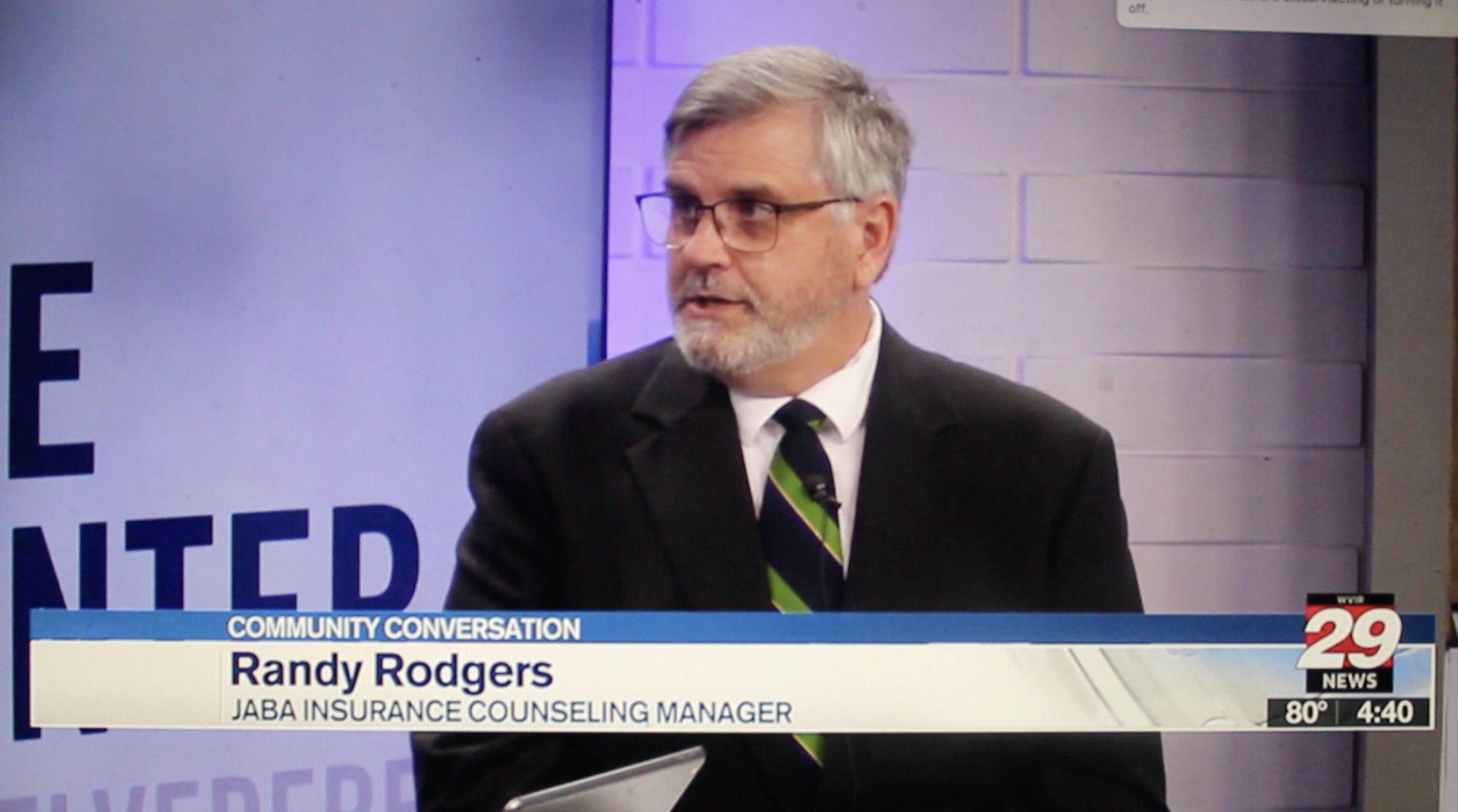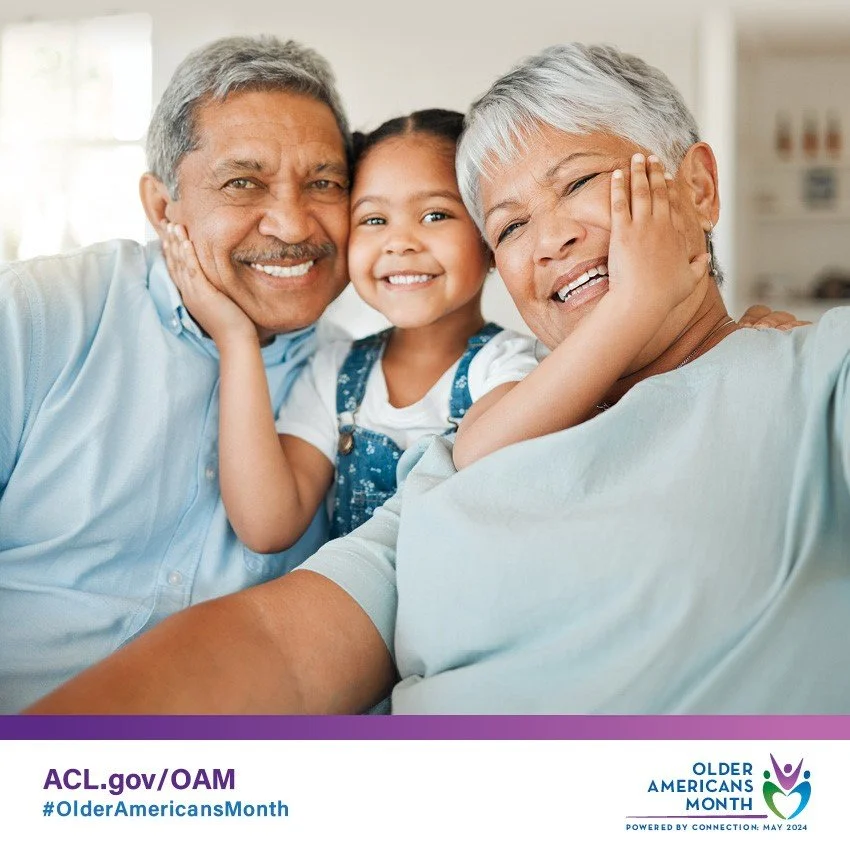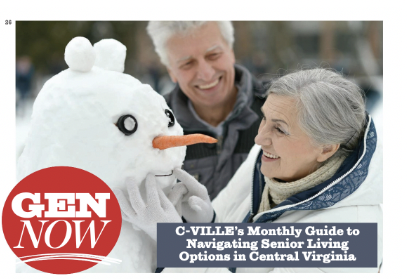Being a caregiver for an elderly or disabled loved one can be one of the most challenging, frustrating, and rewarding experiences of your life. And you won’t be alone. Today, there are about 53 million family caregivers in the U.S., and about a third of caregivers spend 20 hours or more caregiving. Depending on the degree of caregiving needed, such as caring for someone with dementia or severe health and mobility issues, that time can be much greater.
“By mid-century, there will be only three family caregivers available for each person requiring care," said Dr. Susan Reinhard, senior vice president and director of AARP Public Policy Institute, after the release of a study several years ago. " That means, to avoid putting them at higher risk as they age, we need to provide support for existing caregivers who are underserved by the current long-term services and support system.”
Indeed, while many of us have found, and will find, ourselves in caregiving situations, we as a society need to find better ways to help each other in these situations. And we do that by first acknowledging what it means to be a family caregiver.
While helping out an elderly parent with chores and errands is something many people can manage easily, and maybe have done for years, what happens when the level of care needed suddenly escalates? Perhaps a serious medical problem emerges? Or the parent has a fall? Or signs of dementia begin to show themselves? Suddenly, many caregivers find themselves in an overwhelming situation and are forced to rearrange their entire lives around caregiving.
A recent article by Catherine Pearson in the New York Times was brutally honest about the situation, addressing the frustration and anger that can come with finding yourself in a caregiving role. And the difficulty of dealing with and expressing those feelings.
“The stress is just monumental and constant,” said Ann Brenoff, 73, whose husband was diagnosed with acute kidney failure and needed round-the-clock care. She described feeling less like a wife and more like a medical case manager, losing touch with friends, and gaining 20 pounds. “I was pissed off,” she said. A director of a caregiving clinic Pearson spoke to said that among the 4,000 or more caregivers she has worked with, she has "yet to meet one who has not expressed some form of anger."
Of course, as the director points out, beneath the anger is a "deep well of sadness" and a feeling of powerlessness.
“Many caregivers can’t plan for the next day or week, let alone the next month or year,” said the clinic director. “And that’s maddening.”
While the typical caregiver has for years been a 49-year-old woman and, most likely, the daughter of those being cared for, that has been changing. More men are becoming caregivers, typically the sons of those being cared for, and a quarter of those 53 million mentioned earlier are millennials who are an equal number male and female. For example, Pearson spoke to a woman who began caring for her mother full-time in her late 30s after her mother suffered complications from spine surgery. And a 39-year-old man found himself caring for both his parents after they suffered strokes within months of each other. And then there are the older caregivers, 75 years or older, who are usually the only supports their loved ones have.
People are often unprepared for caregiving situations, both because someone's health takes a sudden or because roles get altered or reversed. For example, caregiving often requires a reversal of the parent/child relationship, and that can bring up all kinds of emotional and psychological issues among family members. And pit siblings against each other. Experts agree that self-compassion and peer support is crucial
And as the situation evolves, increasing stress levels and the feeling of being “trapped” can sneak up on you. That’s why researchers have found that affordable respite and in-home care were the most desired support among caregivers, along with other supports and resources to manage stress. Indeed, it’s not uncommon for caregivers to find themselves isolated, overwhelmed and even frightened by a caregiving journey they weren’t quite prepared for. This is why finding a way to express your complicated feelings is so important.
“A lot of caregivers are afraid to express their anger because they feel guilty,” a millennial caregiver who created a Facebook support group told Pearson. “...I think people worry if they express it to somebody who doesn’t totally get it, that it will overshadow the totality of their experience.”
So, where does the reward come in with all this? Well, it doesn't come for everyone, but when it does it comes in the form of the help and love you have to accept from your friends and family, and your community — and the help and love that those being cared for have to accept from the children, friends, caregivers, and doctors they work with.
We deepen relationships with people, even our deepest ones, by struggling with challenges together, by revealing our vulnerabilities, by being straightforward and honest about our needs, and by riding together the often turbulent waves of feeling and emotion that make us truly human. All those come to the forefront in a caregiving situation. There’s no hiding from each other. We realize deeply that taking care of each other means taking care of ourselves, too.
If you're lucky, you'll end up feeling deeply grateful for the time you got to spend together in that caregiving situation — not because it was always fun or joyful, but because you got to experience the full depth and breadth of our humanity and the connection you had with your loved one.
David McNair handles communications, media relations, and social media efforts for JABA
This article originally appeared in C-Ville Weekly.


















